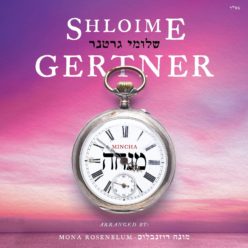"An idea that’s coming straight from your heart, it will be reflected in the song"
"S
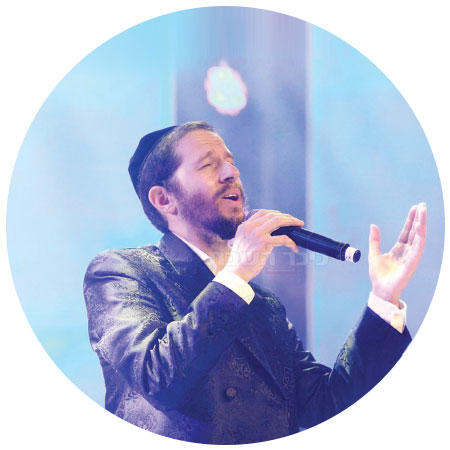
(Originally featured in Mishpacha, Issue 789)

"S

(Originally featured in Mishpacha, Issue 789)
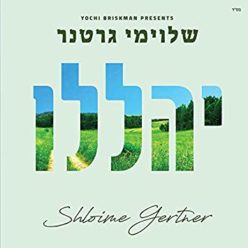
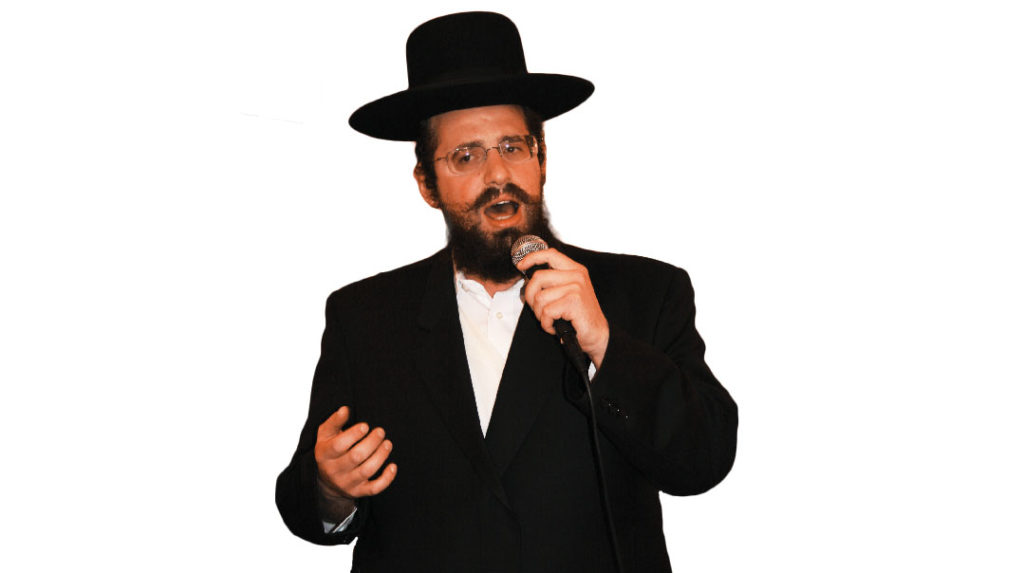
I
n his recently released fifth album, Du Voint a Yid, Yisroel Werdyger once again combines his sweet-strong voice with a warm, heimishe style, bringing listeners a new set of danceable wedding material and hartzige kumzitz songs, all original compositions with a fresh feel.
The CD was produced and arranged by Sruly Werdyger’s longtime trusted friend Shua Fried. “Shua and I go back to our yeshivah days in Yerushalayim,” he says. “I’m an American, and he comes from a real Yerushalmi home. We met when Yeshiva Sfas Emes, where we were both learning, arranged a Shabbos hisvaadus, and I wound up sitting next to him on the bus. We got to talking, and since he was musically inclined, our conversation went straight to music. That trip was the start of our close relationship, and we later became chavrusas. After we both married, Shua went on to study music, and I went on to sing. When I felt ready to put out my first album, it was only natural that Shua was the person I was going to work with, and baruch Hashem we’re on to our fifth album together.”
The first track, entitled “Chap a Tentzel,” is an innovative collaboration between Werdyger and Bnei Brak-based Vizhnitz wedding musician Meir Adler. Adler sent Werdyger the melody and lyrics —“Zug nisht as se past nisht, zug nisht as di kenst nisht, heib ah fissel chap ah tentzel likras chussen kalleh” [“Don’t say it’s not your thing, don’t say you can’t dance, just lift your feet and dance for the chassan and kallah”] — and the singer added the “Oy, yoy yoy yoy yoy” bridge of the song, a reflection of his own musical taste. “I guess you could say that it’s the first time I’m using a composition of my own,” he reflects. It’s an upbeat, whimsical interlude to a song that is sure to reach its goal — to get everyone up and dancing.
Two other contributing composers, Rabbi Hillel Paley and Rabbi Pinchas Breuer, are both maggidei shiur and mashpiim, Rabbi Paley in Beit Shemesh and Rabbi Breurer in the Belzer yeshivah in Ashdod — and although Sruly Werdyger has worked with Rabbi Paley for years, he has yet to meet either one in person. The yeshivah world is still singing Rabbi Paley’s “Mesikus Hatorah,” which Werdyger released in 2012. “It was obvious that Shua Fried would reach out to Rabbi Paley when we were acquiring songs,” Werdyger says. “Rabbi Paley’s contribution to this album, ‘Omru Yisroel’ is a meaningful, uplifting song full of encouragement.”
Rabbi Breuer’s best-known compositions, “Ribon Haolamim Yadati” and “Hishbati Eschem” are world famous, and the new album features three more of his songs — “Moshcheini,” “Ad Heina,” and “Hashem Li” — each of which, says Werdyger, “is a gem in its own right.”
The next generation of Werdygers is joining the elders at the studio too. On Du Voint a Yid, Sruly brings sons Avrumi and Yoni along as child soloists. To him, it’s the most natural thing in the world. “Singing is a central part of family time at the Werdyger home,” he says. “On Shabbos we sing together, and my children wanted to be part of the album as well.”
The title track, “Du Voint a Yid” [ “A Jew Lives Here”] puts a powerful and intriguing concept into song. Composer Hershy Rottenberg says that the song came to him as he told his children Rav Moshe Leib of Sassov’s explanation of the first Pesach night, how “on the night of Yetzias Mitzrayim, Hashem jumped over each Jewish rooftop, singing out ‘Du voint a Yid.’ I told them that if we keep our home sweet and holy and full of light, Hashem is dancing on top of our home too.”
(Originally featured in Mishpacha, Issue 789)

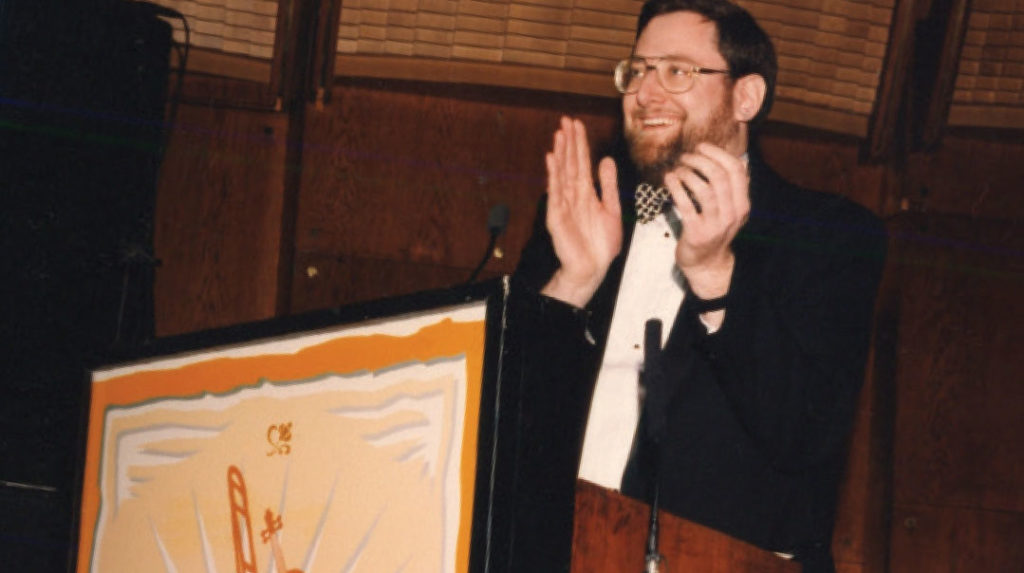


W
ith three popular albums and a string of singles behind him, Simcha Leiner decided to go solo, self-producing a new album called Kol Hakavod. “Producing my own album was a learning curve,” he admits, “but I had wanted to do this for years.”
Some of Leiner’s earlier singles, such as “Kol Beramah”(a tribute to the Fogel family, victims of the Itamar Shabbos massacre) were also self-produced, but Kol Hakavod is on a grander scale. With the title track embodying an upbeat, proud-to-be-Jewish message, a symphonic accompaniment, and some fresh electronic arrangements, the album features a lot of feel-good messages and empowering themes with original, catchy lyrics.
One innovation was Leiner’s insistence on giving each song back to the arranger to mix, instead of handing over the entire album to a mixing engineer. To a musical ear, the difference shines through. “Each song has its own distinctive musical flavor,” Leiner explains. “And each arranger chose his own musicians and engineer when they produced the track — so doesn’t it make sense for the same team to mix it too?”
With the exception of “Baasi,” composed by Shlomo Yehuda Rechnitz with words that express the chazan’s humility as he prepares to daven Mussaf on the Yamim Noraim, the standard background choir is missing. Instead, Leiner uses background vocals — his own and sometimes one or two other artists — for a clear, cleaner sound and more musical creativity.
Leiner had been mulling over the concept of his song “Kol Hakavod” for a long time. After performing at a recent Siyum HaShas in Brooklyn’s Syrian community (which he says was “really inspiring”), he mentioned this idea in conversation with Jewish music fan and lyricist Isaac Hidary. A few days later, Hidary sent Leiner lyrics and a melody for “Kol Hakavod.”
“I was on the plane, ready for takeoff to perform in L.A. at the time, and I realized that Hidary’s lyrics were beautiful, but the tune wasn’t for me. It was really traditional Sephardic. I forwarded both the lyrics and melody to Yitzy Waldner, figuring it would be a kernel for him to work with, but just then I lost service. When I arrived, I saw a text from Yitzy: ‘Just wrote what might be the greatest song of my career.’ Okay, amazing. Then there was another: ‘Why did you just send me another tune for what I wrote?’ What had happened at takeoff was that only the text had gone through, not the tune. So it was really bashert — we got an incredibly moving song using Isaac’s lyrics and Yitzy’s tune.”
(Originally featured in Mishpacha, Issue 787)
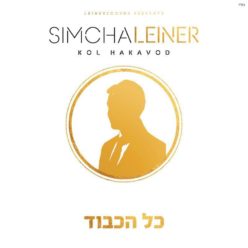


B

This is album number eight for the British singer who gained popularity back in 2007 with his debut album, Nissim, and the song “Kodesh” (“Shabbos Hamalkah”) dedicated to his special-needs daughter. This time around, he worked with top producer Yochi Briskman.
“I’d always dreamed of doing an album with Yochi one day, and when I felt ready to work on this album, my usual producer, Yossi Tyberg, was in the middle of some other projects and suggested that maybe Yochi would take this one on. I’m thrilled with the result,” Gertner says.
The album’s title track, “Yehaleli,” by Belgian composer Hershy Rottenberg, has that kind of energy that invites listeners to sing, tap, and clap along. “Choosing the right name for an album involves huge siyatta d’Shmaya, but once you’ve named it, you can’t imagine it being called anything else. And the name “Yehaleli” is also a reflection of my own life. We’ve had a few simchahs recently — a wedding and a bar mitzvah — and it's time to sing praises to Hashem.”
There are songs by veteran composers such as Pinky Weber, Yerachmiel Begun, and Yitzy Waldner, alongside newer names such as Hershy Weinberger and Hershy Rottenberg. One of Pinky’s contributions is a Yiddish ode to Yerushalayim entitled “Im Eshkocheich.”
“It’s one of my personal favorites,” says Gertner. “The song is full of feeling, without being slow and draggy. It’s got a compelling rhythm, and Pinky’s Yiddish lyrics are filled with yearning but still upbeat.”
“Yodai,” with its techno beat and staccato lyrics, is the work of Sruly Green. Gertner explains that this number is the album’s “feature”—his shot at getting onto the trendy and ever-evolving second-dance-playlist. “Sruly is a geshmak and a talented new composer, a nephew of Lipa Schmeltzer. He sent us this song, and Yochi fine-tuned it a little. I’m already getting requests to sing it at weddings.” But where do the words actually come from? “The words are Aramaic and they are said before washing Mayim Acharonim on Shabbos.”
While “Yodai” will appeal to younger listeners, Heshy Weinberger's “Rachamim,” and Shlomo Yehuda Rechnitz’s beautiful “Adir Bamarom” offer a more mellow sound. “Adir Bamarom” is fast becoming a kumzitz favorite. “The song lends itself to many layers of harmonies,” says Gertner, “and of course the meaning — a plea for the blessing of peace among the Jewish nation — carries it forward.”
(Originally featured in Mishpacha, Issue 783)



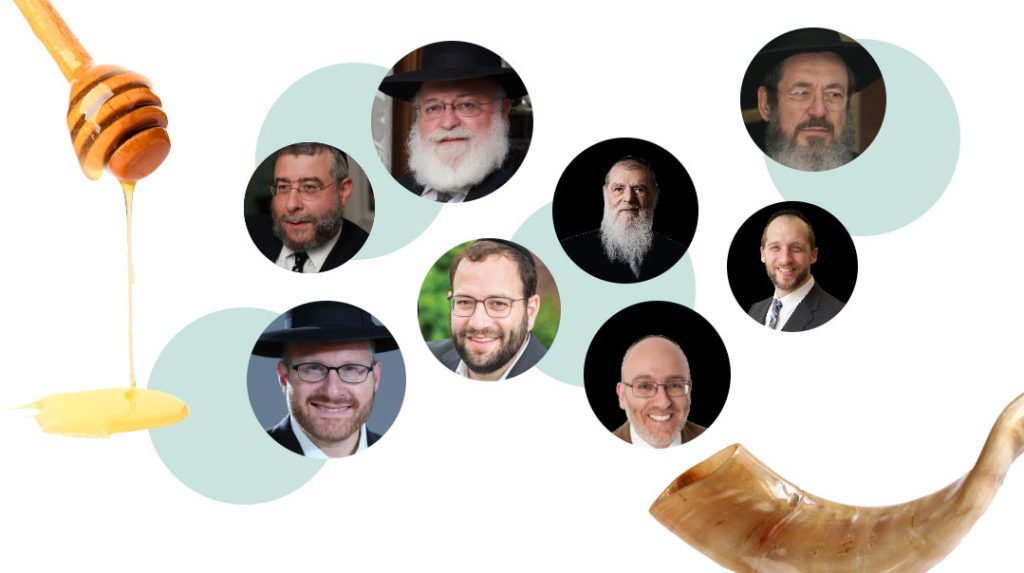
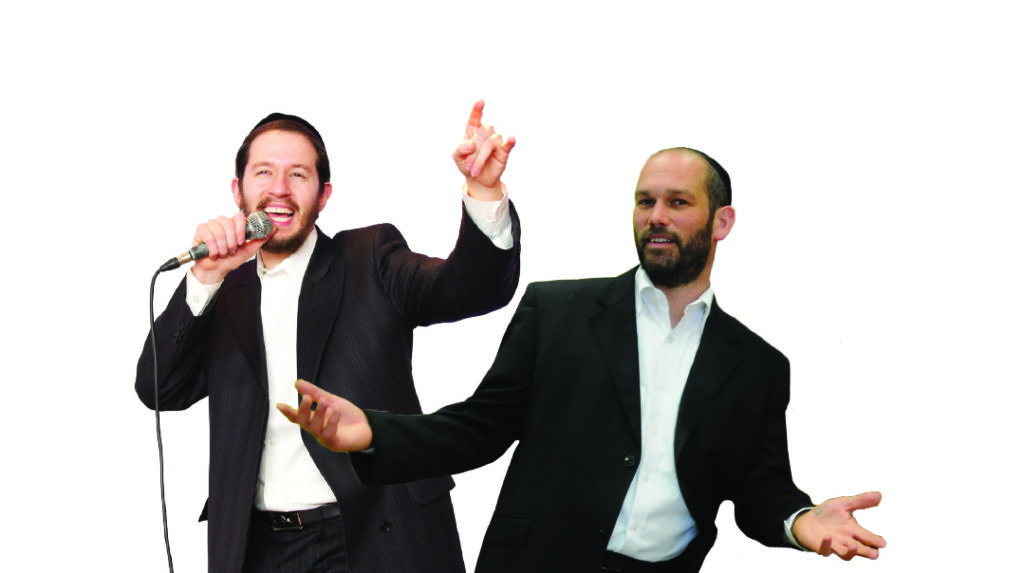
T
he words of Hayom T’amtzeinu from the climax of Mussaf on the Yamim Noraim sweep up the congregation in a wave — it’s an emotional blend of both pleading and unshakable confidence that our tefillos have been accepted. A heart-stirring song using these very words of hope was a collaboration of Shloime Gertner and Yonatan Razel. Listeners don’t have the shul in the background to carry them away, but they do have a powerful string section and Razel’s piano to create the same feeling.
Gertner says that the song, which appears on his Mincha album, was four years in the making. “We knew we wanted it to convey that majestic Hayom T’amtzeinu feeling. Yonatan had written the song and chosen the words “va’atem hadveikim b’Hashem Elokeichem (“you, who cling to Hashem…”) for the first part of the song, but I really wanted to use the words “Ke’hayom hazeh tevieinu (like this day, may You bring us [back] celebrating the rebuilt House…)” for the first section, in order to emphasize our hope for redemption. We spoke it over every few months for around four years. In the end, we used the words “Kehayom hazeh,” but added “Ve’atem hadveikim” too, as a third section. The song was the very last thing we added to the Mincha album, and we were both so invested in it that we decided to do it as a duet.”
Gertner traveled to Eretz Yisrael, where he and Razel performed the final version of “Hayom” together in Razel’s Nachlaot, Jerusalem studio.
In addition to “Hayom” being a perfect Yamim Noraim selection, the song has become a popular choice to express heartfelt wedding-day prayers as well.
(Originally featured in Mishpacha, Issue 778)
